While most adults are known to be little kids in disguise, one woman has had enough of her husband spending hours trapped in an endless TikTok scroll.
“My husband has an obsession with TikTok. He’s 40, btw, not 14,” the woman who goes by the nickname BraveField explained in an Ask Reddit post.
The last drop in her patience was a family roast dinner during which she “saw him heading off upstairs.” Fast forward two hours and ten minutes, the husband comes back. The only thing is that at that point, there’s no trace of a done and gone dinner.
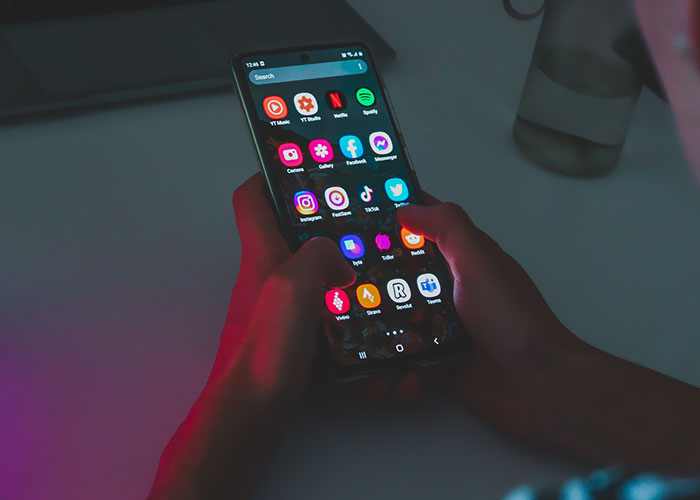
Image credits: Árpád Czapp (not the actual photo)
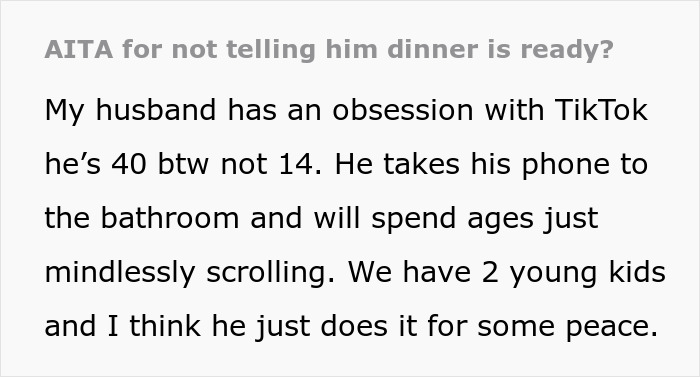
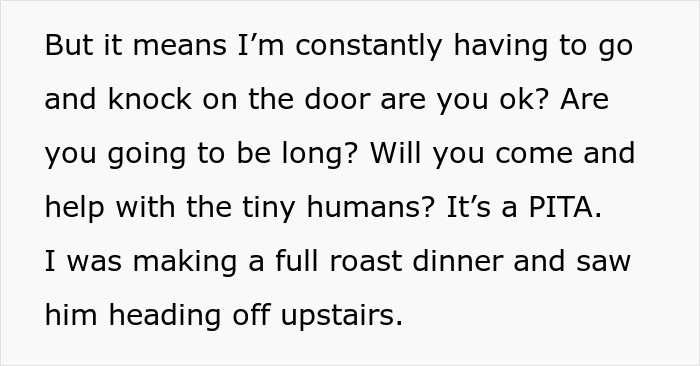
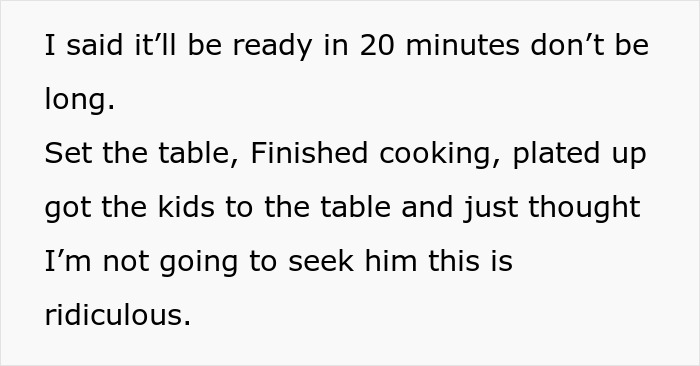


Image credits: furkanfdemir (not the actual photo)
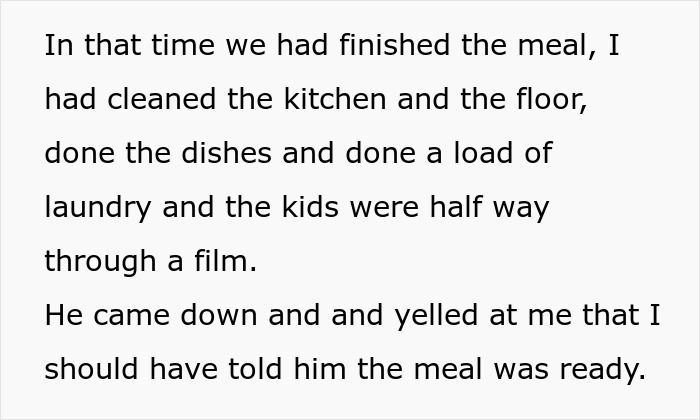

Image credits: BraveField
The woman later added an update about the whole situation
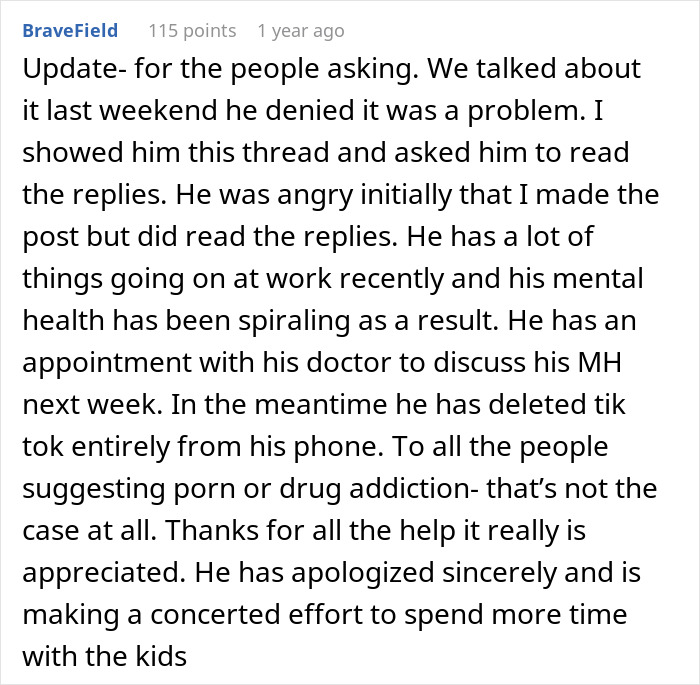
If the use of social media impairs a person’s important life areas, they may be addicted to it
Among the 7.91 billion people in the world as of 2022, 4.62 billion active social media users, the average time individuals spent using the internet was 6 h 58 min per day with an average use of social media platforms of 2 h and 27 min, according to the 2022 global overview report.
Despite countless advantages they have, a growing body of research has linked social media use to negative mental health consequences, such as suicidality, loneliness, and anxiety. Recently, more and more attention has been given to social media addiction and its potential treatments.
The US Addiction Center defines social media addiction as follows: “Social media addiction is a behavioral addiction that is characterized as being overly concerned about social media, driven by an uncontrollable urge to log on to or use social media, and devoting so much time and effort to social media that it impairs other important life areas.”
Some estimate that between 5 and 10 percent of social media users are addicted, according to Newport Institute.

Image credits: christopher lemercier (not the actual photo)
Whenever we log on to our favorite apps, dopamine, which is associated with pleasure, increases in our brain
Kristeen Cherney, PhD, a mental disabilities scholar, explains that our brains are compelled by social media because whenever we log on to our favorite apps, dopamine signals in the brain increase. These neurotransmitters are associated with pleasure.
“When you experience more dopamine after using social media, your brain identifies this activity as a rewarding one that you ought to repeat. Such a reaction may be more felt whenever you make a post of your own and gain positive feedback,” Cherney argues.
The problem lies in the fact that these positive feelings experienced during social media use are only temporary. “The way your brain engages in this positive reinforcement is also seen in other addictions. Thus, as the feel-good dopamine wears off, you’ll go back to the source (in this case, social media) for more.”
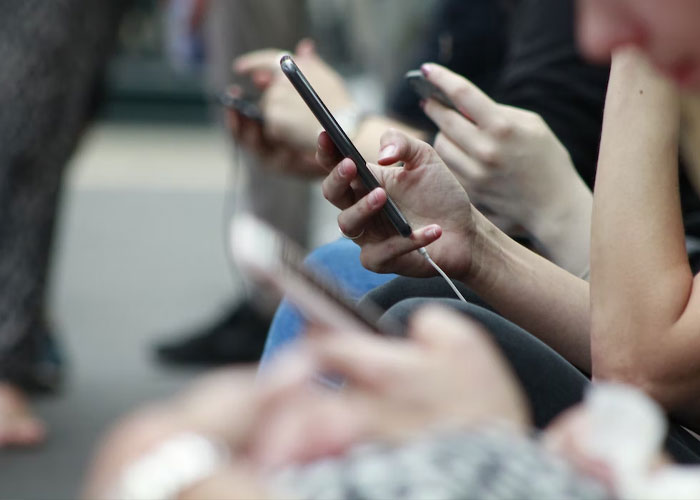
Image credits: ROBIN WORRALL (not the actual photo)
Many people expressed their support for the author
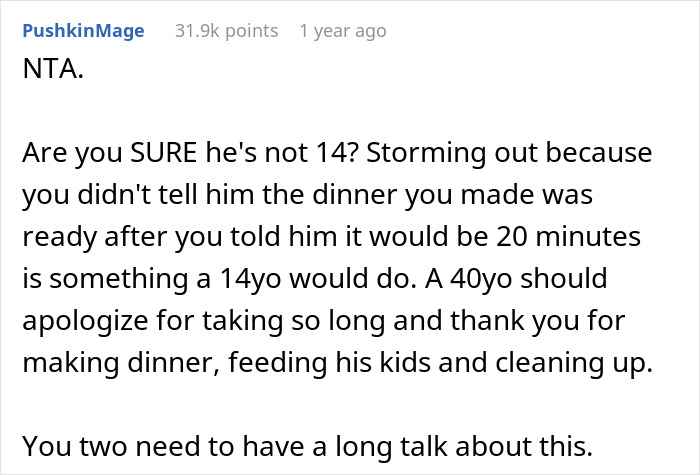
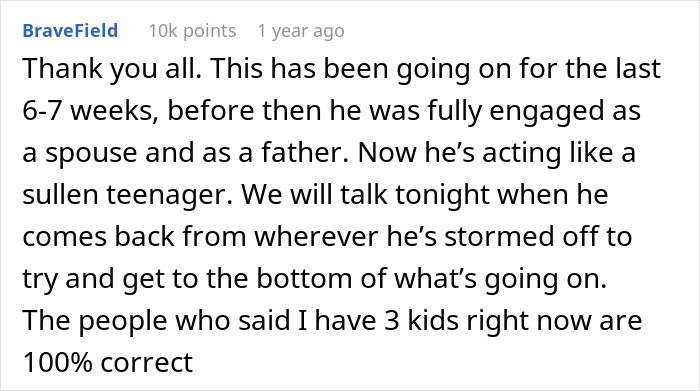
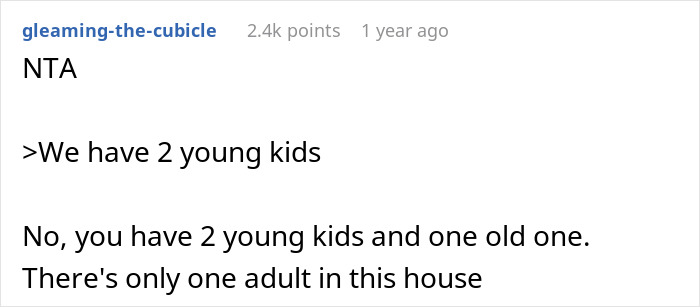
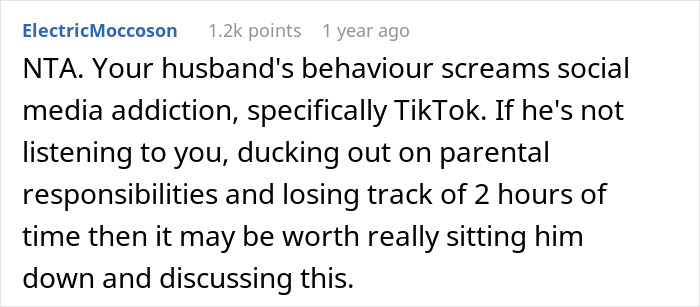

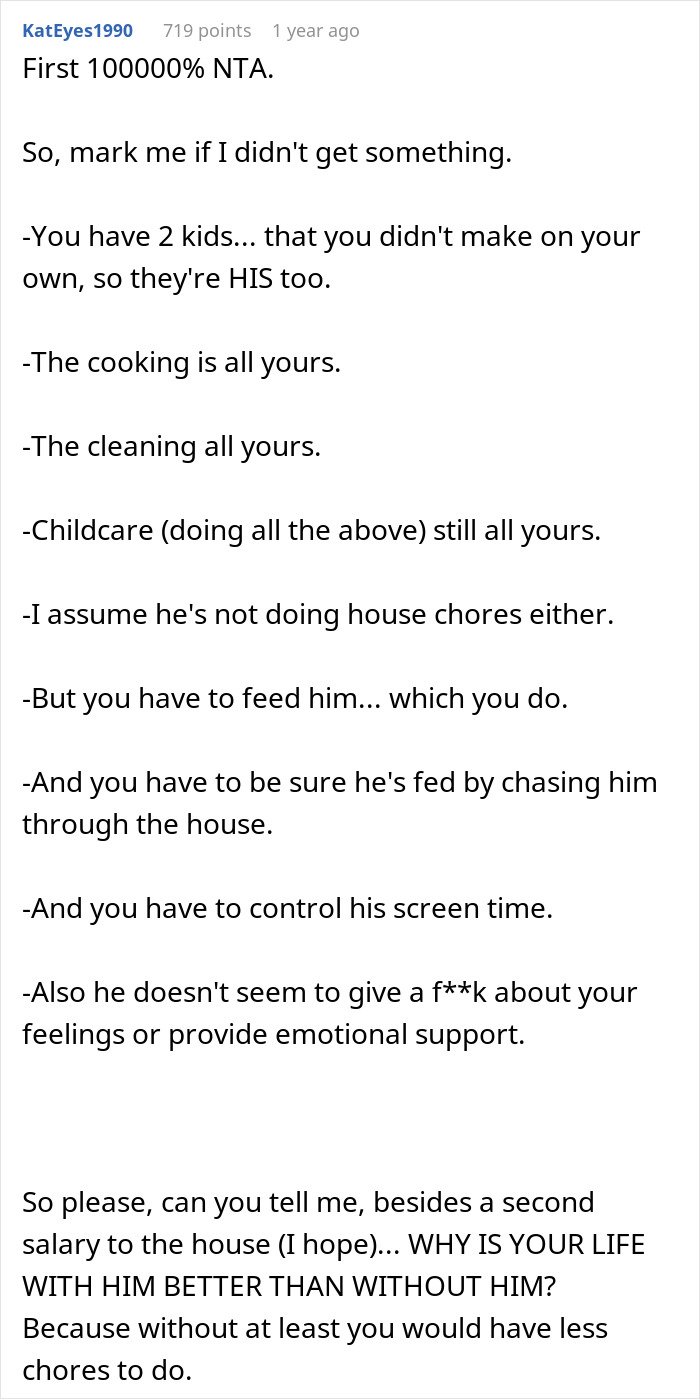
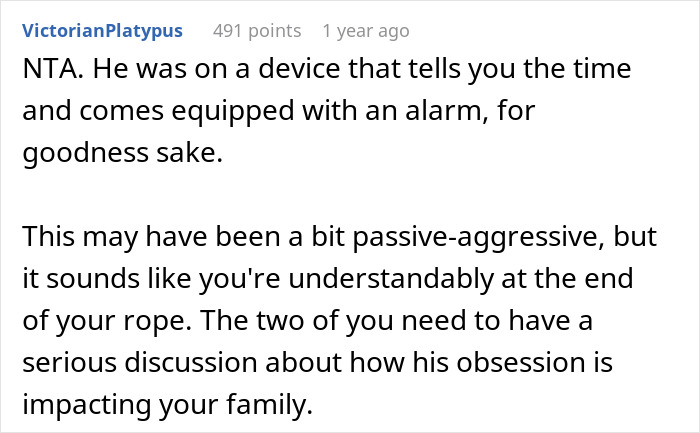



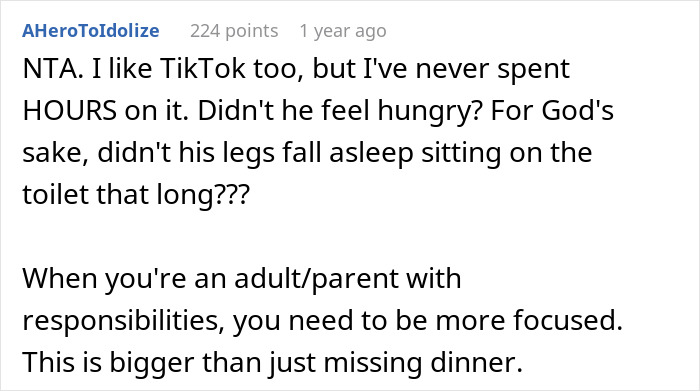
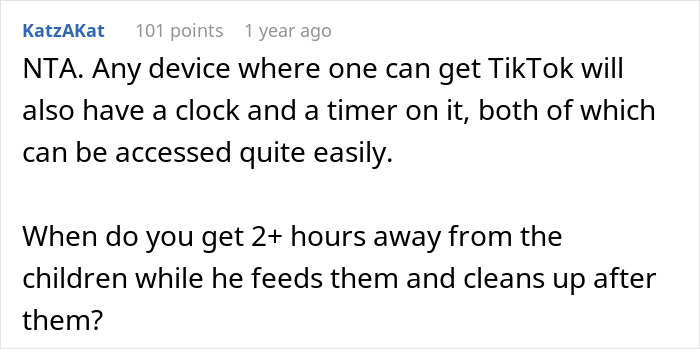
The post "My Husband Has An Obsession With TikTok, He's 40": Husband Shouts At His Wife For Not Telling Him Dinner Was Ready After He Spent 2 Hours On TikTok first appeared on Bored Panda.
from Bored Panda https://ift.tt/7iDbJH1
via Boredpanda